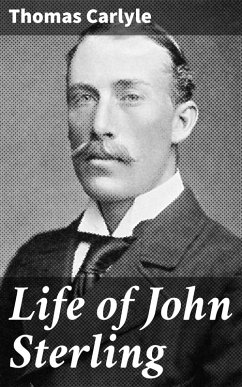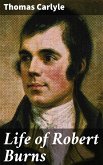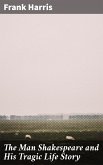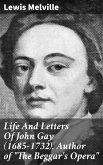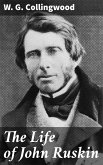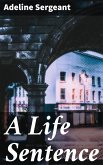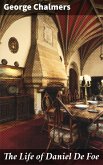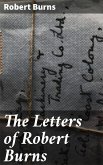Thomas Carlyle's 'Life of John Sterling' is a profound biographical account that intricately weaves the intellectual fabric of 19th-century thought with the personal struggles of its subject, John Sterling. In this work, Carlyle employs a reflective and often lyrical prose style, capturing not only Sterling'Äôs achievements as a poet and essayist but also the broader cultural milieu of Victorian England. Through a mix of memoir and critical appraisal, Carlyle delves into Sterling'Äôs philosophical inquiries, his passionate engagement with spirituality, and the influences that shaped his literary and personal life. This narrative serves both as a tribute and as a deeper exploration of the complexities faced by intellectuals of the time. Thomas Carlyle, a prominent Scottish philosopher and historian, was deeply influenced by the tumultuous events of his era, including political upheaval and evolving social norms. His own experiences'Äîranging from his education at the University of Edinburgh to his connections with literary figures'Äîinfused Carlyle'Äôs work with a sense of urgency and authenticity. 'Life of John Sterling' not only reflects Carlyle's admiration for Sterling but also his hope for a more enlightened society, emphasizing the role of the individual in shaping history. I wholeheartedly recommend 'Life of John Sterling' to readers interested in literary biographies, the interplay of personal and social dynamics, and the intellectual currents of the 19th century. Carlyle'Äôs rich narrative and insightful commentary offer invaluable perspectives for anyone seeking to understand the life of a figure who, though less celebrated, profoundly influenced the literary landscape of his time.
Dieser Download kann aus rechtlichen Gründen nur mit Rechnungsadresse in A, B, BG, CY, CZ, D, DK, EW, E, FIN, F, GR, H, IRL, I, LT, L, LR, M, NL, PL, P, R, S, SLO, SK ausgeliefert werden.

